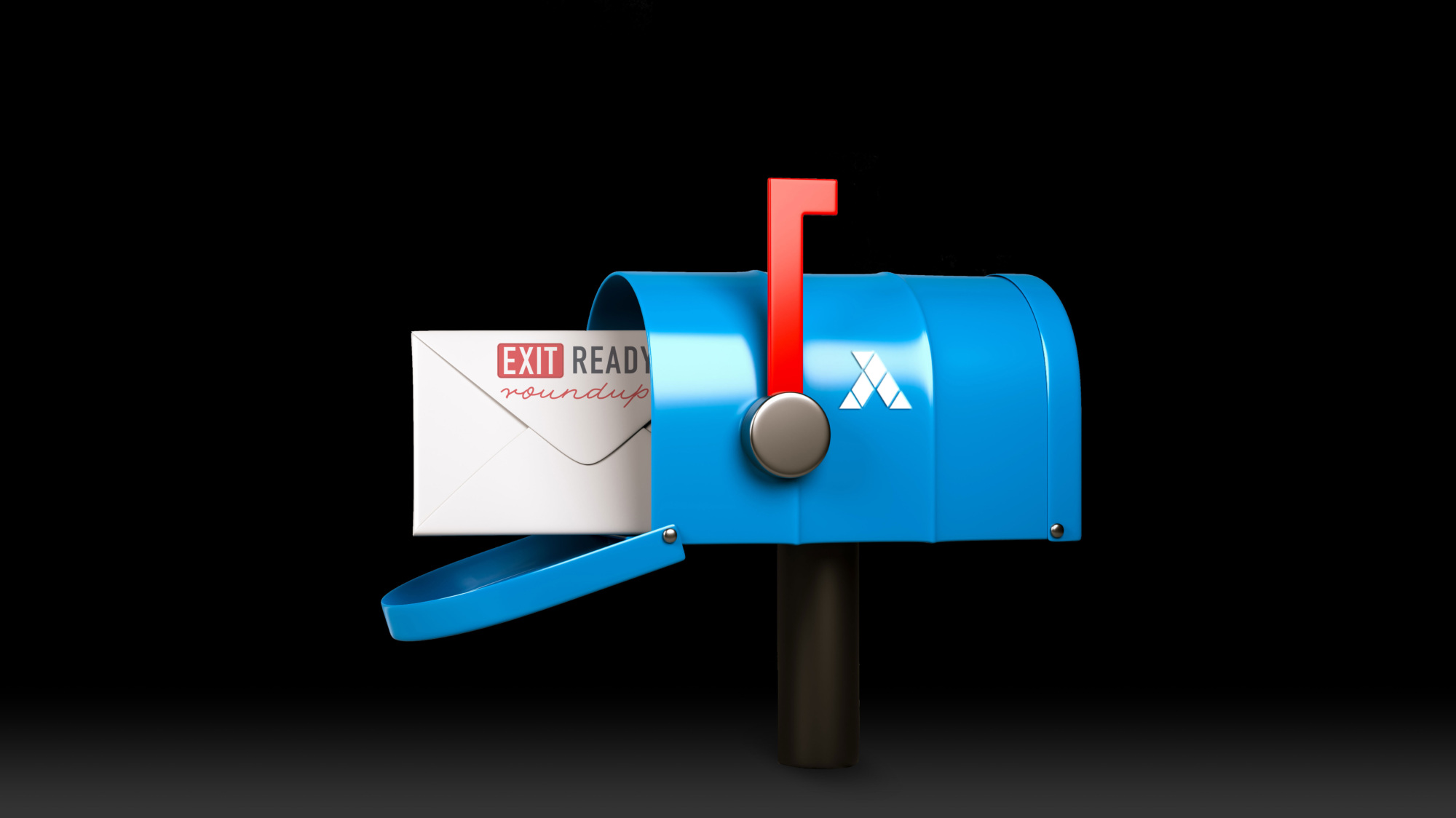
Exit Ready Roundup: February 2025
Tags
M&A advisors who specialize in value creation estimate that 60% of the new value in a company comes from revenue growth. For acquirers concerned with driving up company value, increasing revenue quickly and effectively should be a top concern.
The most successful acquirers start thinking about increasing revenue for their targets well before they sign a deal. One of the best ways to do this is to conduct comprehensive commercial due diligence, in order to better understand the landscape in which the organization is operating.
Over the years, we’ve seen a number of approaches to commercial due diligence. Many companies hire consultants to inform them about factors like the size of the market, recent market growth and trends, the competitor landscape, and the buying process. Customer feedback usually plays a role, but often it takes a backseat to these more macro areas of study.
But we’ve been able to document that the strength of the relationship between customer and company is one of the most important indicators of company value. As a result, customer feedback should be the foundation of commercial due diligence, rather than an afterthought. When gathered thoughtfully and analyzed comprehensively, customer feedback will answer many if not most of the same questions as your previous third-party market analyses, with the added benefit of a first-hand perspective.

Conducting Effective Customer Interviews
Most potential acquirers (and many companies themselves) do already conduct some form of customer interviews, which can be used for a variety of purposes.
However, too often these interviews function more to check a box than to uncover new information. They serve as cursory reference checks and as such, their insights are often limited.
We use a technique we call “Quality of the Customer / QofC®” to ensure that customer due diligence is as effective as possible. This idea — a variation on Voice of the Customer discovery — has been present in market research for years. Like VOC, the QofC® process focuses on querying customers about their thoughts, feedback, and perspective of the business — without indicating that a transaction is under consideration. The questions will vary for each organization, but might include inquiries about how satisfied the customer is with the supplier, their outlook for business growth, and how they perceive the supplier vs. competitors. For the target company and the acquirer, it’s a “win/win” – both receive valuable feedback on how to enhance the business moving forward.
A comprehensive customer interview process should include:
This smart questioning uncovers:
Ultimately, if the questioning is rigorous enough across enough customers, the feedback can not only validate the results of other due diligence procedures (e.g., revenue forecast, margin projections, and the competitive landscape), but also provide a playbook for an integration and growth plan post-close. Beyond just getting a sense of the health of the target business, customer feedback will give you a sense of what needs to be done after the deal closes.
In multiple cases, we’ve seen QofC® customer due diligence greatly impact the trajectory of a deal. For example, one of our clients was recently looking to acquire an LED lighting manufacturer. However, customer interviews revealed that over 50% of top accounts complained of late deliveries and poor service. “There’s nothing I like about them,” said one customer. The potential acquirer found that competitors were greatly preferred and very likely to win any future business. Our client withdrew their offer.
In another case, feedback from customers helped create a focused and effective integration plan for the first 100 days after an acquisition. The potential target in this case was in the automotive industry. Speaking to customers helped the acquirer see that there were engineering priorities that needed to be addressed to increase business in the future. As a result, the acquirer was able to isolate immediate synergies that enabled the integration plan to move forward rapidly, and these improvements were able to be implemented in the first 100 days post-close.
Effective customer due diligence done though our process in 3-4 weeks ultimately is a fast-track way to learn about a company’s strength and weaknesses. Says Rob Ospalik, Partner and Co-Head of Global Operations at Baird Capital, “On the front end, insights into customer relations is in many ways the most important thing that we want to understand about a company that we’re investing in. The value is created at the customer relationship.”
